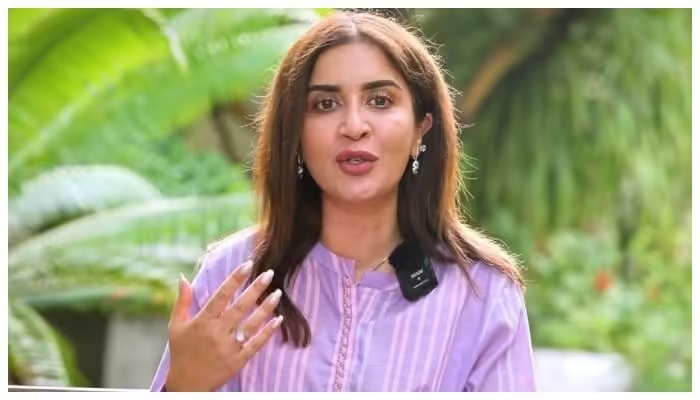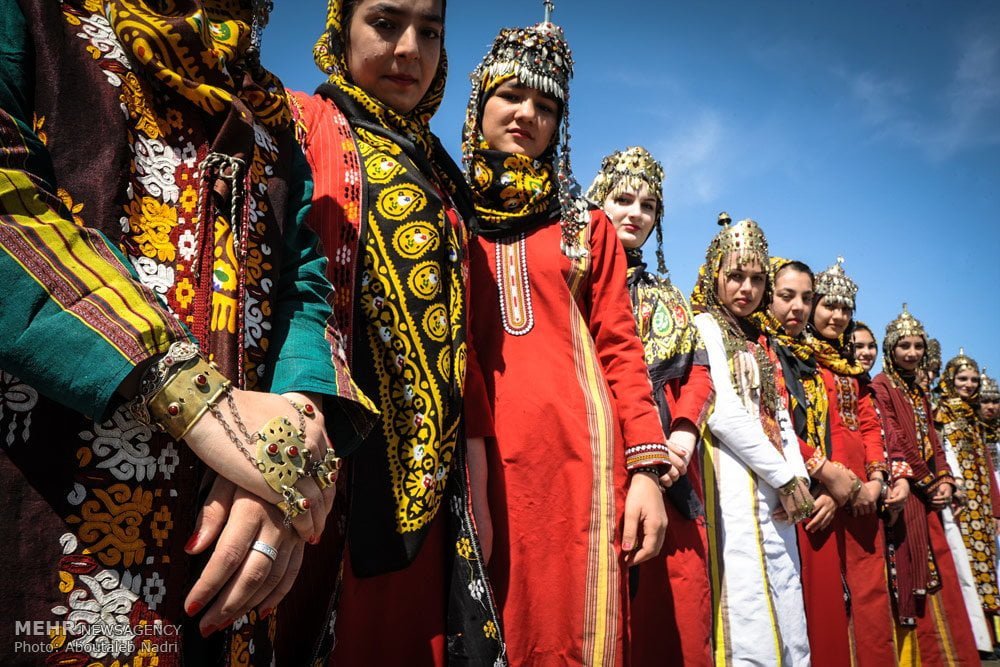Pakistani actress Taman Ansari recently opened up about her life journey during a candid conversation on Ahmed Ali Butt’s podcast, shedding light on the unconventional circumstances surrounding her first marriage, her experiences as a young bride, and the challenges she faced after her divorce.
An Unconventional Beginning: A Mosque Announcement for Marriage
Taman Ansari’s story begins with an unusual and somewhat surprising start to her married life. She revealed that her first marriage took place at a very young age, a decision influenced by her family and cultural traditions. Ansari shared that while she was pursuing higher education in Canada, an announcement was made in the mosque, declaring that a girl was available for marriage and that interested suitors could contact her family. “I went to Canada from America to get higher education, and then my grandparents said they are getting me married,” Ansari recalled.
This traditional method of matchmaking, common in some communities, reflected the norms of a time before social media and mobile phones, where relationships were often initiated through local networks like mosques. Ansari mentioned that her first husband saw her for the first time on the day of their engagement, a situation that might seem unusual to many today but was not uncommon in her community at that time.
A Life Between Continents: Juggling Marriage and Education
Following her engagement, Ansari’s life took a transcontinental turn. Her marriage led her to balance her roles as a wife and a student while moving between the United States and Canada, depending on her husband’s job. The actress described the constant shifts between the two countries, which added layers of complexity to her life. Despite these challenges, she continued her education, determined to make the most of her opportunities.
The Challenges of Divorce and Life in Dubai
After 16 years of marriage, Ansari’s relationship came to an end. She recounted the difficulties she faced during this period, particularly as a mother. Her son, who was six years old at the time of the divorce, became her primary concern. The conditions of her divorce required her to stay in the same country where her son was enrolled in school, which prevented her from returning to Pakistan. As a result, Ansari moved to Dubai, where she worked various jobs to support herself and her son.
Living in Dubai, Ansari found herself far from the comfort of her homeland, navigating life in a foreign country as a single mother. She made the decision not to return to Pakistan, largely due to the stigma and judgment divorced women often face in Pakistani society. “I did not want people to tell my parents about me,” she explained, highlighting the cultural pressures that influenced her choice.
Navigating Cultural Expectations and Personal Growth
Throughout her journey, Ansari’s story underscores the complexities that many women face when balancing cultural expectations with personal aspirations. Her early marriage, arranged through traditional means, reflects a cultural practice that prioritizes family decisions over individual choice. Yet, her eventual move to Dubai and her efforts to build a life there demonstrate her resilience and determination to chart her own path, even in the face of adversity.
Ansari’s decision to share her story publicly is significant, as it sheds light on the experiences of many women who undergo similar life transitions but may not have the platform or opportunity to voice their challenges. By speaking out, she not only provides a glimpse into her own life but also offers a sense of solidarity to other women who may be facing similar struggles.
A Journey of Resilience and Self-Discovery
Taman Ansari’s life journey is a testament to her strength and adaptability. From an early marriage arranged through traditional means to navigating life as a single mother in a foreign land, Ansari has faced her challenges head-on. Her story is one of resilience, as she has continuously strived to provide a better life for herself and her son, despite the obstacles in her way.
In sharing her experiences, Ansari not only reveals the personal hardships she has endured but also highlights broader societal issues that many women face, particularly in cultures where divorce carries a significant stigma. Her narrative is a reminder of the importance of resilience, self-reliance, and the pursuit of personal growth, even when the path is far from easy.



